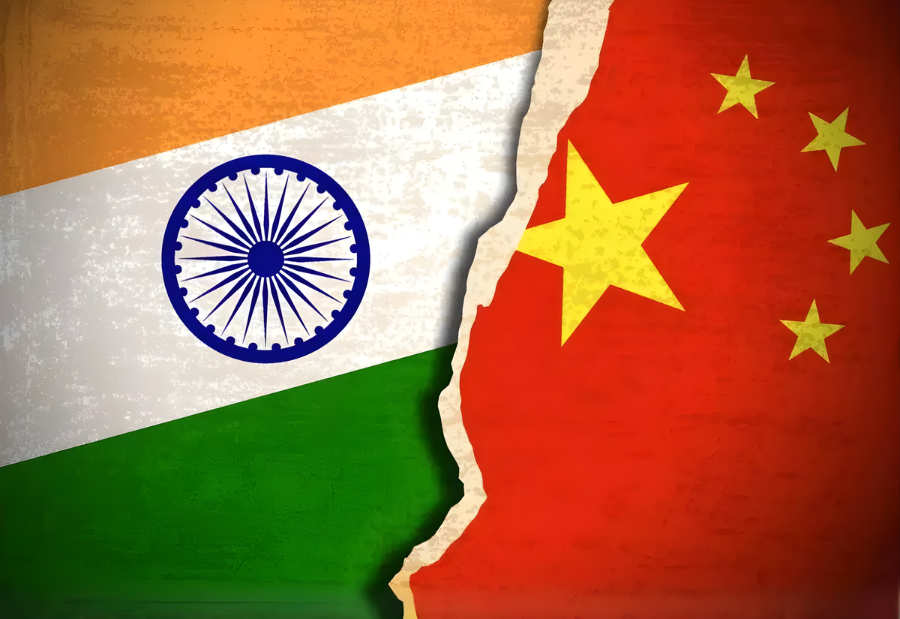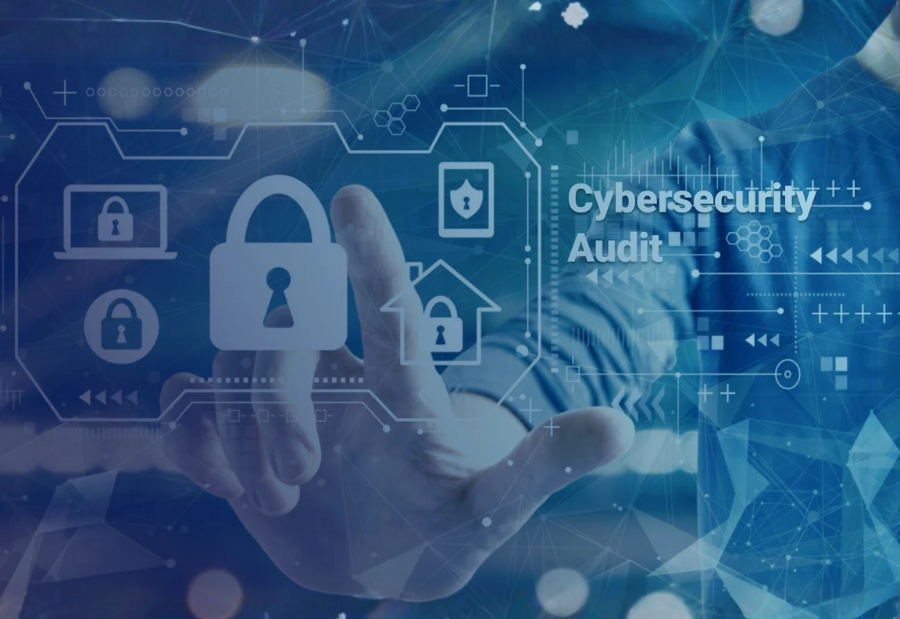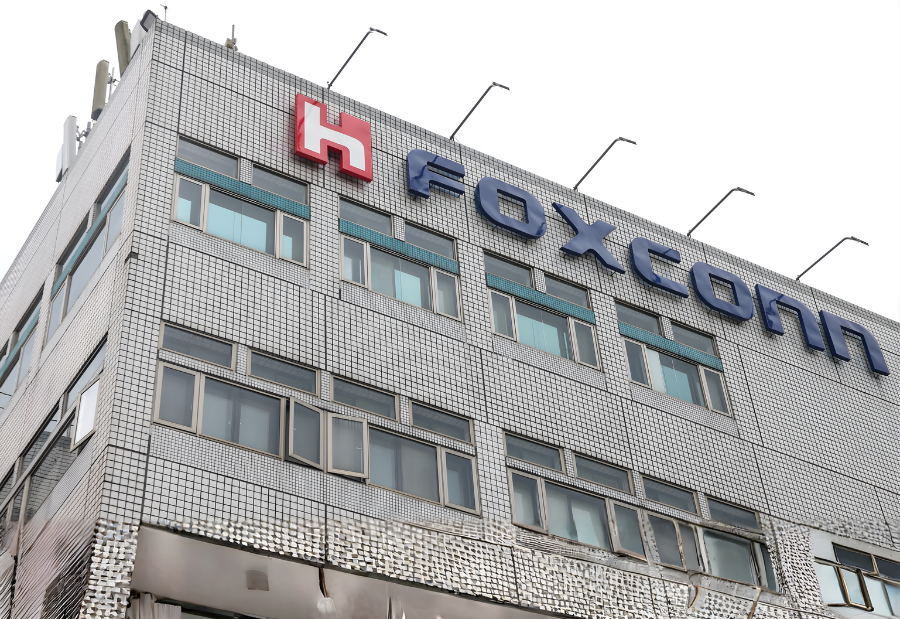China has lodged a formal complaint with the World Trade Organization (WTO) challenging India’s electric vehicle (EV) and battery subsidy programs. Beijing claims these incentives give Indian manufacturers an “unfair competitive advantage” and harm China’s economic interests.
China’s Ministry of Commerce said it would take “strong measures to safeguard the legitimate rights and interests of its domestic industries,” adding a new layer of tension to already sensitive trade relations between the two Asian economies.
India’s Commerce Secretary Rajesh Agrawal said the ministry will review the detailed documents submitted by China. A senior official noted that China has filed similar complaints against Turkey, Canada, and the European Union. “They have sought consultations with India,” the official said. Under WTO rules, consultations are the first step in the dispute settlement process. If these fail, China can request the WTO to establish a dispute panel.
India ranks among the world’s top nations for EV subsidies. For instance, the total direct and indirect subsidy on the Tata Nexon EV—India’s best-selling electric car—amounts to nearly 46% of its retail price. Benefits include lower Goods and Services Tax compared to petrol and diesel models, road tax exemptions, and indirect support under the Production-Linked Incentive scheme. By comparison, EV subsidies are about 10% in China, 16% in South Korea, 20% in Germany, and 26% in the U.S. and Japan.
Despite these incentives, India’s EV adoption remains modest, accounting for just 2% of total vehicle sales, one of the lowest among major economies.
To strengthen the EV ecosystem, India launched the PM eDRIVE scheme, the successor to the FAME program, with a ₹2,000 crore budget to develop public fast-charging infrastructure. Under this scheme, the central government will cover at least 80% of the cost for public charging stations, which could rise to 100% in special cases. Subsidies will be released in three phases: 30% on tender approval, 40% after installation, and 30% after successful commercial operation.
China’s complaint comes as India pushes for self-reliance in clean energy and manufacturing through incentive-led industrial policies. The WTO dispute could have significant implications for the EV sectors of both countries and their broader trade relationship.
Also read: Viksit Workforce for a Viksit Bharat
Do Follow: The Mainstream formerly known as CIO News LinkedIn Account | The Mainstream formerly known as CIO News Facebook | The Mainstream formerly known as CIO News Youtube | The Mainstream formerly known as CIO News Twitter |The Mainstream formerly known as CIO News Whatsapp Channel | The Mainstream formerly known as CIO News Instagram
About us:
The Mainstream formerly known as CIO News is a premier platform dedicated to delivering latest news, updates, and insights from the tech industry. With its strong foundation of intellectual property and thought leadership, the platform is well-positioned to stay ahead of the curve and lead conversations about how technology shapes our world. From its early days as CIO News to its rebranding as The Mainstream on November 28, 2024, it has been expanding its global reach, targeting key markets in the Middle East & Africa, ASEAN, the USA, and the UK. The Mainstream is a vision to put technology at the center of every conversation, inspiring professionals and organizations to embrace the future of tech.




